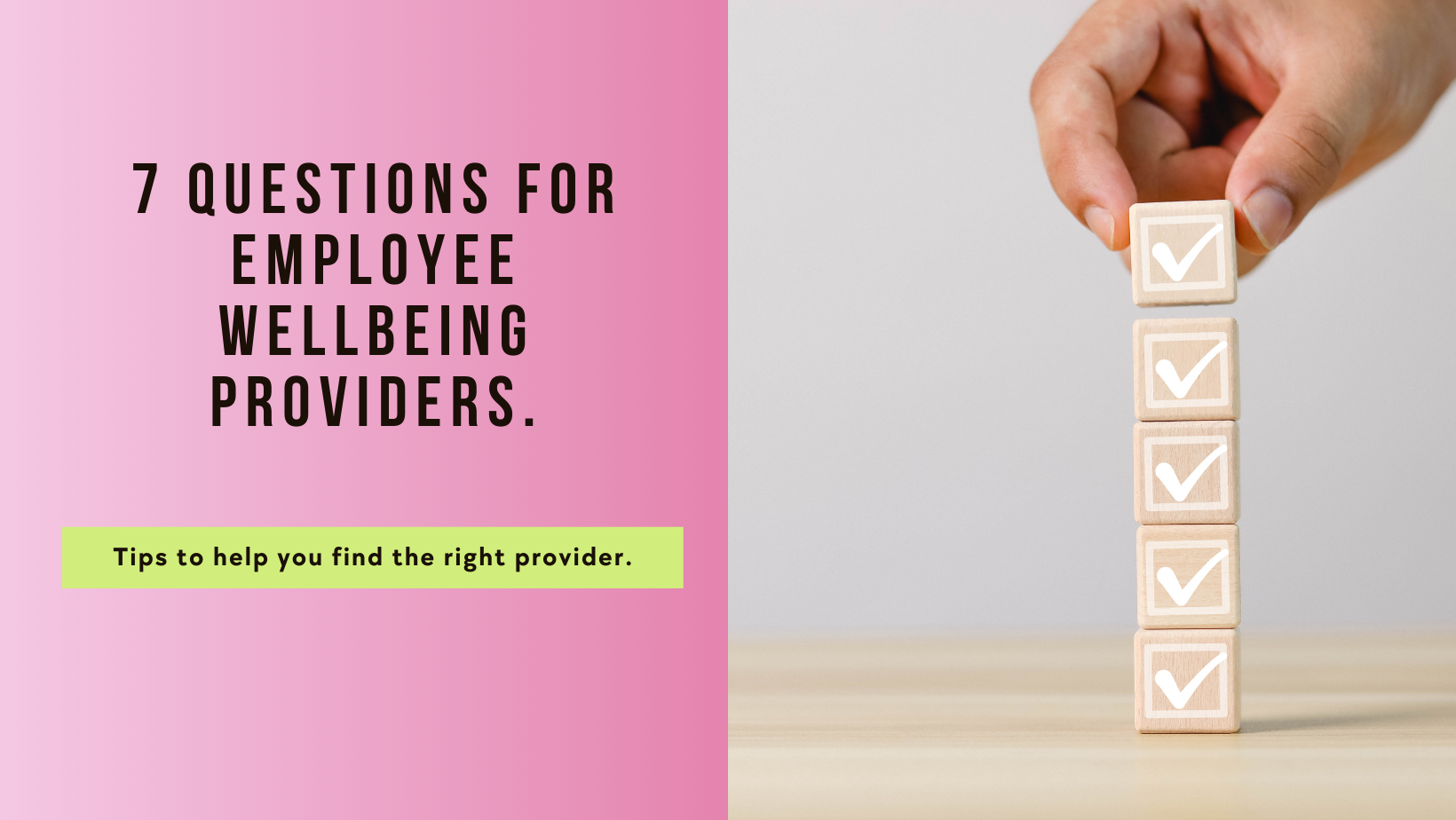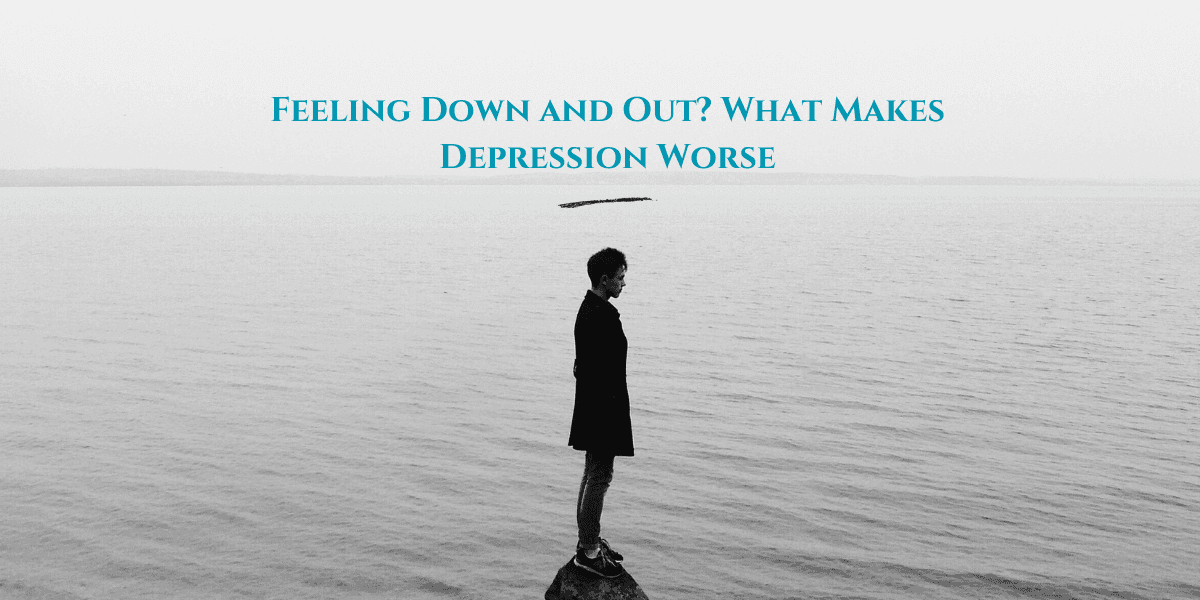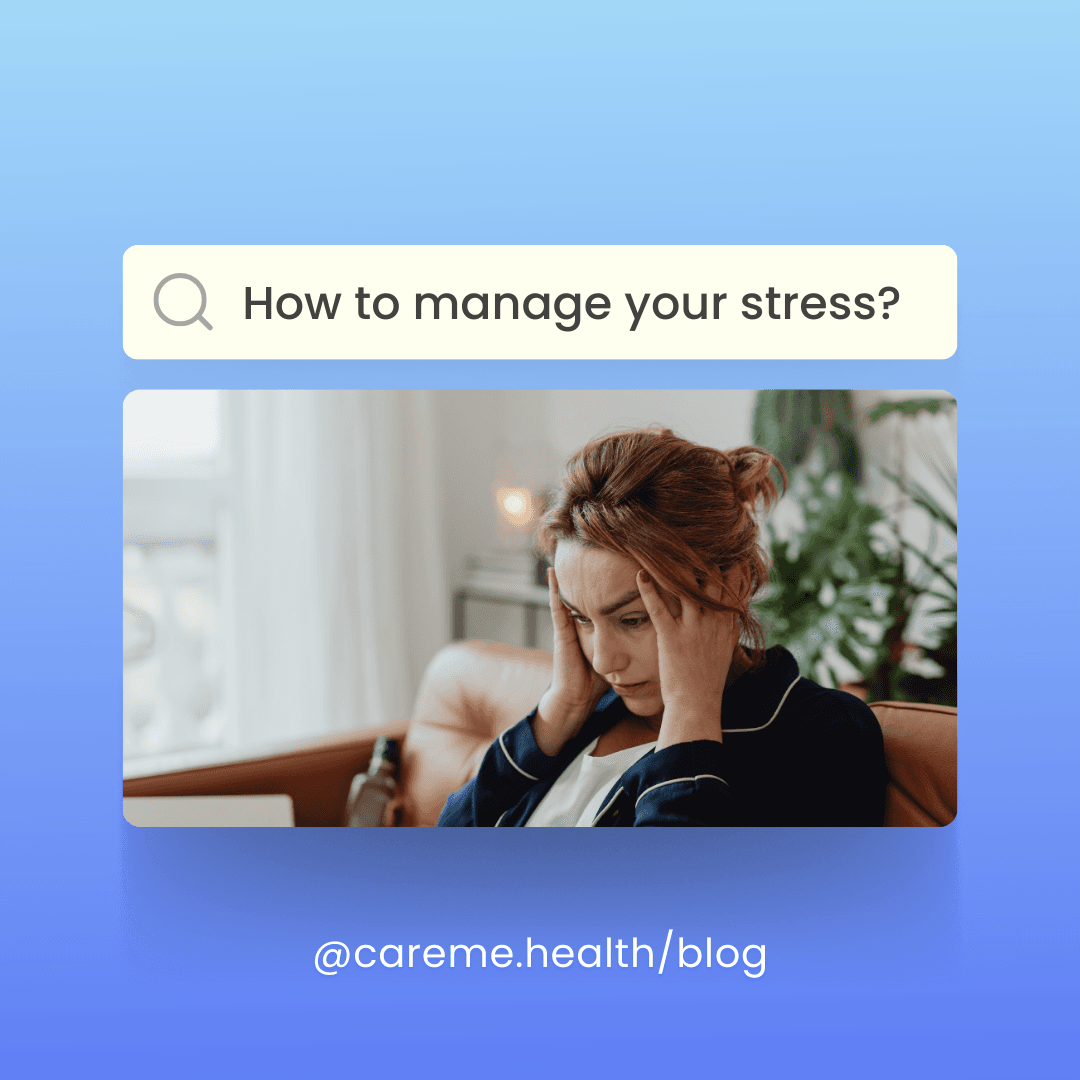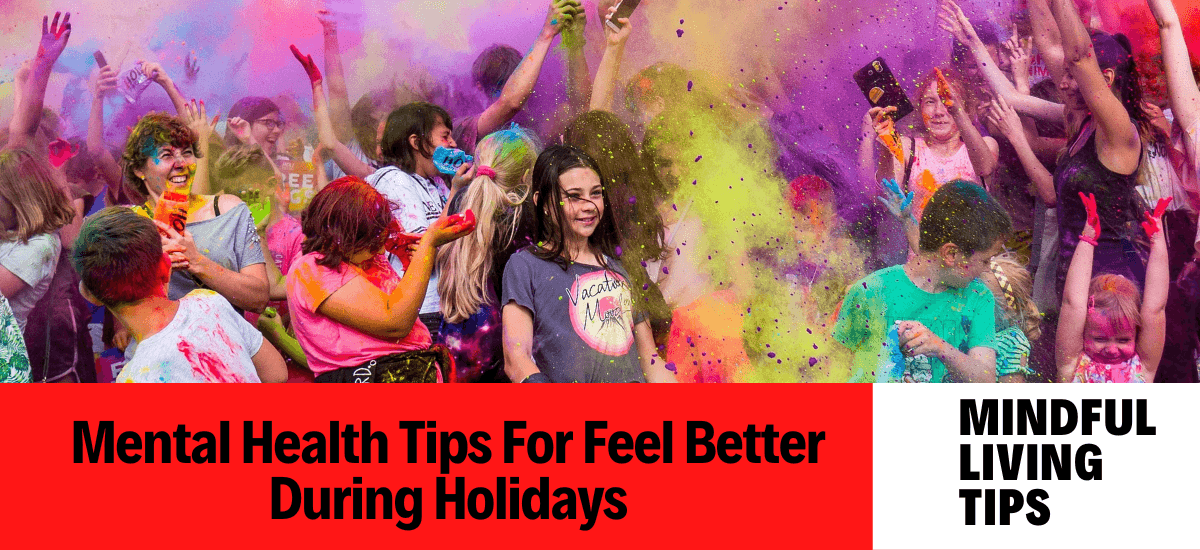Employee Wellness

Employee Motivation 2.0: Modern Hacks vs. Traditional Methods
Sitting in his corner office, Amit, the CEO of a fast-growing tech firm, rubbed his temples in frustration. “We’re losing good people,” he muttered, scanning the latest resignation letter on his desk. “Our turnover is skyrocketing, productivity is slipping, and I can feel the low energy in the office. What’s going wrong?”

Mental Health and Work-Life Balance: Tips for Busy Professionals
In today’s fast-paced world, balancing a demanding career with personal life can feel overwhelming. As professionals juggle tight schedules, high expectations, and long work hours, it’s no wonder mental health often takes a backseat. However, neglecting mental well-being can lead to stress, burnout, and even long-term emotional challenges. In this blog, we’ll explore the importance of maintaining mental health while managing a career, offering actionable tips to achieve a better work-life balance, and discussing how platforms like CareMe Health can support busy professionals in their journey toward mental wellness.

7 questions you should ask every employee wellbeing provider
7 questions you should ask every employee wellbeing provider Selecting an employee well-being provider is a critical decision for organizations committed to fostering a healthy and productive workplace. With the growing awareness of mental health in India, companies are increasingly seeking comprehensive solutions like CareMe Health to support their employees' well-being. When evaluating potential providers, asking the right questions can guide you to make an informed choice that aligns with your organization's values and needs. Here are seven essential questions to consider, backed by insights from studies and real-world practices.

Feeling Down and Out? What Makes Depression Worse
Feeling Down and Out? What Makes Depression Worse In the vibrant tapestry of Indian society, where the hustle of daily life merges with the rich hues of culture and tradition, mental health often takes a backseat. Depression, a common but serious mood disorder, affects many, yet the conversation around it remains shrouded in silence. Understanding what exacerbates depression is crucial, especially in the Indian context, where unique cultural, social, and economic factors come into play.

Managing Stress: Causes, Symptoms & Relief Options
Stress is a normal part of life, but when it becomes chronic or overwhelming, it can lead to a variety of mental health problems. Stress can affect the way a person thinks, feels, and behaves, and can lead to symptoms such as anxiety, depression, irritability, and difficulty concentrating.

Mental Health At Work
A healthy mental health can result in more involved employees, larger performance and better business culture.

12 Telltale Signs Of A Toxic Workplace And How To Solve Them
Recognize the signs of a toxic workplace environment and explore actionable solutions to create a healthier work atmosphere. Learn strategies for fostering positive workplace dynamics.

7 Mental Health Tips For Feel Better During Holidays
A holiday is not a homogeneous concept; everyone can experience holidays differently depending on a variety of aspects like work responsibilities, caregiving duties, cultural norms, and socioeconomic status.

6 Signs You’re Stressed Out And Need A Break!
Recognize the signs of stress and discover when it's crucial to take a break. Explore practical ways to manage stress and prioritize self-care for better mental well-being.

Managing Workplace Stress And Anxiety
Learn effective techniques for managing stress and anxiety in the workplace. Discover strategies to create a more supportive and mentally healthy work environment.

Post-Vacation Blues? Try These 7 Proven Tips
Going on vacation is a time to relax, rejuvenate, and escape the stress of everyday life. But when it’s time to return home, many people experience a letdown known as the post-vacation blues.

The Ultimate Guide To Managing 9 Causes Of Holiday Stress
The holidays are supposed to be a time of joy and celebration, but for many people, they are also a time of stress.